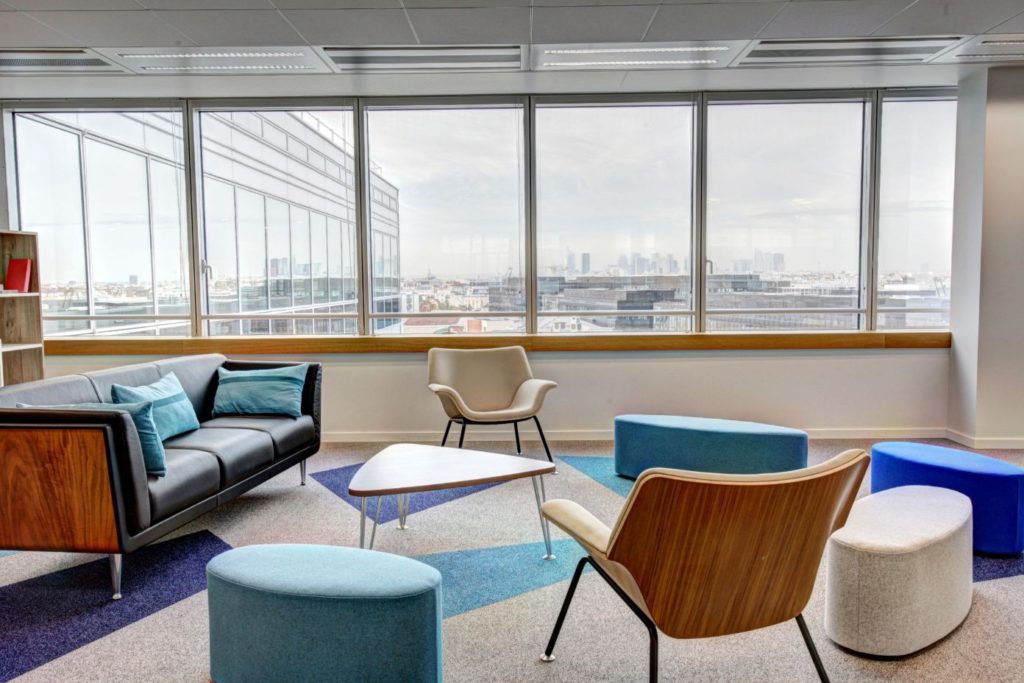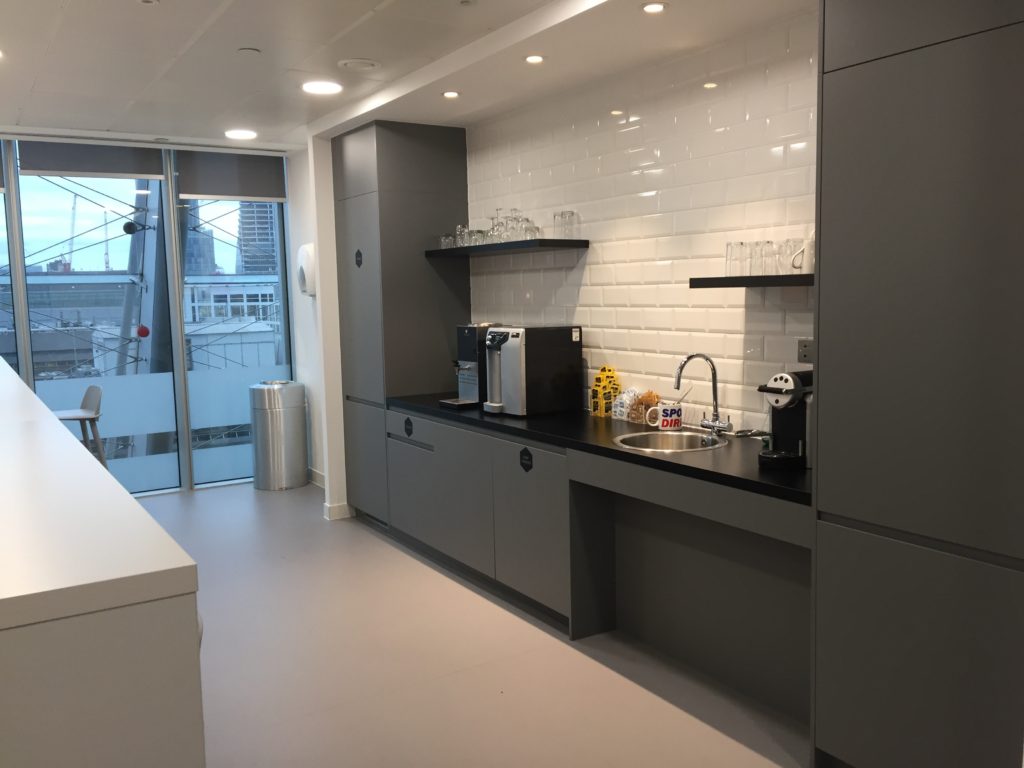In the current competitive climate of business, retaining employees is the key to success. If you want happy and productive employees, you have to put in some effort to make them feel welcome and appreciated. It’s not as difficult of an endeavor as you might think, there are a few secrets here and there that can help you achieve this.
1. Get to know your team
There’s nothing more demoralizing than being a faceless cog in a business machine, even when it’s oiled up well. People don’t like being numbers on a board, even when it can be beneficial to their careers. You have to treat them as individuals and get to know them if you want to boost morale and productivity.
Keep in mind, you don’t have to become their best friend to achieve this. All it takes is a bit of friendly conversation and a keen memory. Ask them about their day every once in a while and start up a conversation. You can skip the pleasantries and just talk to them as if you know them. Show a bit of interest and get to know their plights. It can also help you with scheduling certain projects if you know someone won’t be fully available because something came up or they’re going through something serious.
2. Offer without imposing
By now, you should have already figured out that most employees aren’t lazy. They will jump at the first opportunity to be productive, as long as they feel that it is their decision to get work done. When you assign some additional work to someone who already has a busy day ahead of them, you’ll find that they’ll have a lot more resistance to the task, and they might procrastinate quite a bit.
Instead of forcing an additional amount of work on a random employee, try creating a bit of a competitive atmosphere in the office. Casually mention that some extra work needs to be done for the office. You can be sure that a proactive employee with not too much work on their plate will jump at the opportunity to prove themselves. A certain amount of appreciation will be implied for the helping hand, and you certainly will keep an eye out for the employees who are giving their all to further the goals of the office.
3. Let them disengage
Constantly thinking about work is almost as taxing as actually getting work done. In today’s interconnected world, you can’t ever really disengage from work, considering the fact that you can always be contacted through your phone or personal computer. During busy days, it’s a never-ending barrage of emails and messages from coworkers and managers. As long as there’s something to be done, you’re never actually off the clock.
This might give your business a small advantage in the short term, but it’s not worth the negative consequences. Being able to disengage from work after you’re done with your workday is crucial for the ability to rest and regain composure. If your workers aren’t given the opportunity to rest properly, you can be sure that their productivity will suffer. Keep the off-schedule emails and calls for emergencies and stick to assigning things during work hours.
4. Create a comfortable environment

Ergonomics are something that every manager needs to keep in mind when designing their office. Workers are only as effective as their environment allows them to. If the employees aren’t comfortable while at work, you can’t expect good results, no matter how dedicated they are for their craft.
You have to start with the chairs in the office. Improper seating is the second most common cause of employee injuries in an office environment. If the chairs are cheap and uncomfortable, you can be sure that spending hours on them will lead to back and neck pain rather quickly.
Computer monitors are another often disregarded factor in office ergonomics. Employees often strain themselves trying to adapt to the position of a static monitor. Acquiring adjustable monitors for the office is the simplest and most effective solution to combat neck pain, and it doesn’t even take a lot of effort.
5. Define company goals
Without a clear goal in their mind, your employees might not make the best use of their productive time. They have to understand the big picture so that they can focus their work in a way that benefits the business.
Employees shouldn’t have to figure out the main goals of the company on their own. It’s their job to perfect their own line of work and get as much work done as possible in the most efficient way. On the other hand, it’s your job to give them a clear and concise plan for that work. Use meetings and seminars to inform them of the current plans you’ve come up with and how they can best contribute to their realization.
6. Provide the right tools
A craftsman can only be as good as the tools at his disposal. This also applies to the employees in your office. If they aren’t given the proper tools, you can’t expect to get optimal results from them. Outdated software and hardware will only slow people down, no matter how good they are at their job.
Remember this when you’re deciding whether or not to invest in quality gear. Offices need high-quality printers and computers in order to function. When these machines run on good software, you can be sure that work will go on without a hitch.
7. Make the office pro-fitness

The importance of physical health can’t be overstated, even in an office environment. Physical health is inseparable from mental health and productivity. Employees are at their peak when they’re both physically and mentally ready, which means that getting them active will give your business better results.
How do you encourage people to get into fitness at the office? You might think that the office isn’t much of a place for fitness focus, but you would be surprised. When given the opportunity, employees will gladly work on their fitness goals, especially during breaks.
Encourage this by having a fitness area available in the office. People can lay down yoga mats and do a few exercises every now and then. Even a small break can have an enormous impact on the health of your employees. You can even organize a group fitness session with an exercise regime to make the process quicker and more effective.
8. Offer some appreciation
A little kindness goes a long way, especially in the office. Employees work long hours to ensure that every project is done on time and up to the high-quality standards that are expected of them. A small bit of gratitude is always appreciated.
Whenever your employees finish up a big project, make a point of expressing your gratitude for their work. After all, everyone is contributing to the success of the business, no matter the scope of their contribution. One of the number one reasons for employee dissatisfaction in the office is a feeling of being underappreciated. When you show your thanks, you’re directly influencing how employees look at their work and time invested in the business.
9. Keep the kitchen well-stocked

Like most offices, yours probably has a fully-functional kitchen. It’s a great way to encourage people to bring and heat-up their own food, which has its health benefits. However, the kitchen is also a social hub, considering that people probably don’t want to spend their lunch breaks all alone in silence. You can be sure that they’ll do most of their socializing in the kitchen, which is why it needs to be a comfortable and well-stocked place.
It’s unlikely that anyone will decide to cook up a full meal, which is why having a couple of snacks here and there is strongly encouraged. If your kitchen has ample fruit, water, and juice available, you can be sure that employees will make use of it and have a healthy bite to eat while they’re chatting with coworkers.
For a good pick-me-up, you need coffee and lots of it. Employees need it to be quick and tasty. You can’t have them waiting in lines and wasting their precious coffee break time on waiting for the stove to be free. Lots of high-quality commercial coffee machinescan give you a delicious cup of coffee without delay, which means more time for productive work and socializing with coworkers. As long as coffee needs are met, you’re going to have positive feedback from employees.
10. Encourage feedback
In a professional environment, providing feedback is essential for any kind of progress. If you don’t know whether or not you’re doing something wrong, how could you possibly know that you have to fix it? Managers are only human, and it’s only natural that they make mistakes every once in a while. However, if employees feel like their job is on the line any time that they offer suggestions or solutions, the office is going to run into some big problems down the road.
Encourage both positive and negative feedback from employees. Let them speak their mind and give their opinion. Even if they aren’t right about a certain topic, letting them express themselves can do wonders for your professional relationship.
Keep in mind, the feedback has to go both ways for it to be effective. If you can offer employees constructive criticism without it turning into something personal, it’s going to make work a lot easier for everyone involved. Make sure to point out that the criticism is only provided for their benefit and the benefit of the business. It’s in your interest that they give it their best, which is why this kind of communication is necessary.
Conclusion
Everyone knows that a happy worker is a productive worker. You don’t have to go all out to make someone’s day a lot nicer, but a couple of details here and there would be much appreciated. After all, your employees are people too, and they might have good days and bad days. Making sure that they feel that their workday is meaningful will go a long way towards improving retention and productivity. Use some of these tips and you’re going to see better results than you might have expected.

